Join us on Sundays at 7:00 a.m. for episodes of The Detour, a show about people and ideas from Oregon Humanities. Listen live at 99.1 FM in the heart of Portland, or online anywhere at PRP.fm.
In this month’s episode, we explore the relationship between human beings and other beings—between humans and animals, humans and plants, and humans and the earth itself. We talk to Robin Wall Kimmerer, author, scientist, and enrolled member of the Citizen Potawatomi Nation, and Emma Marris, author and journalist, about the interconnections between beings and the role we play in this fluid web of relationships and responsibilities.
Emma Marris is the author of Wild Souls: Freedom and Flourishing in the Non-Human World and Rambunctious Garden: Saving Nature in a Post-Wild World. She also writes about the human and nonhuman worlds, and the enduringly complex relationships between them for National Geographic, the Atlantic, the New York Times, Wired, and other publications. She lives in Oregon with her husband—with whom she occasionally co-authors environmental philosophy papers—and their two children.
For a full transcript of this episode as well as additional resources and further reading, visit the Oregon Humanities website.
- The Detour: The Constant In-Between - August 4, 2023
- The Detour: American Fictions - June 2, 2023
- The Detour: Love and Ambivalence - May 5, 2023


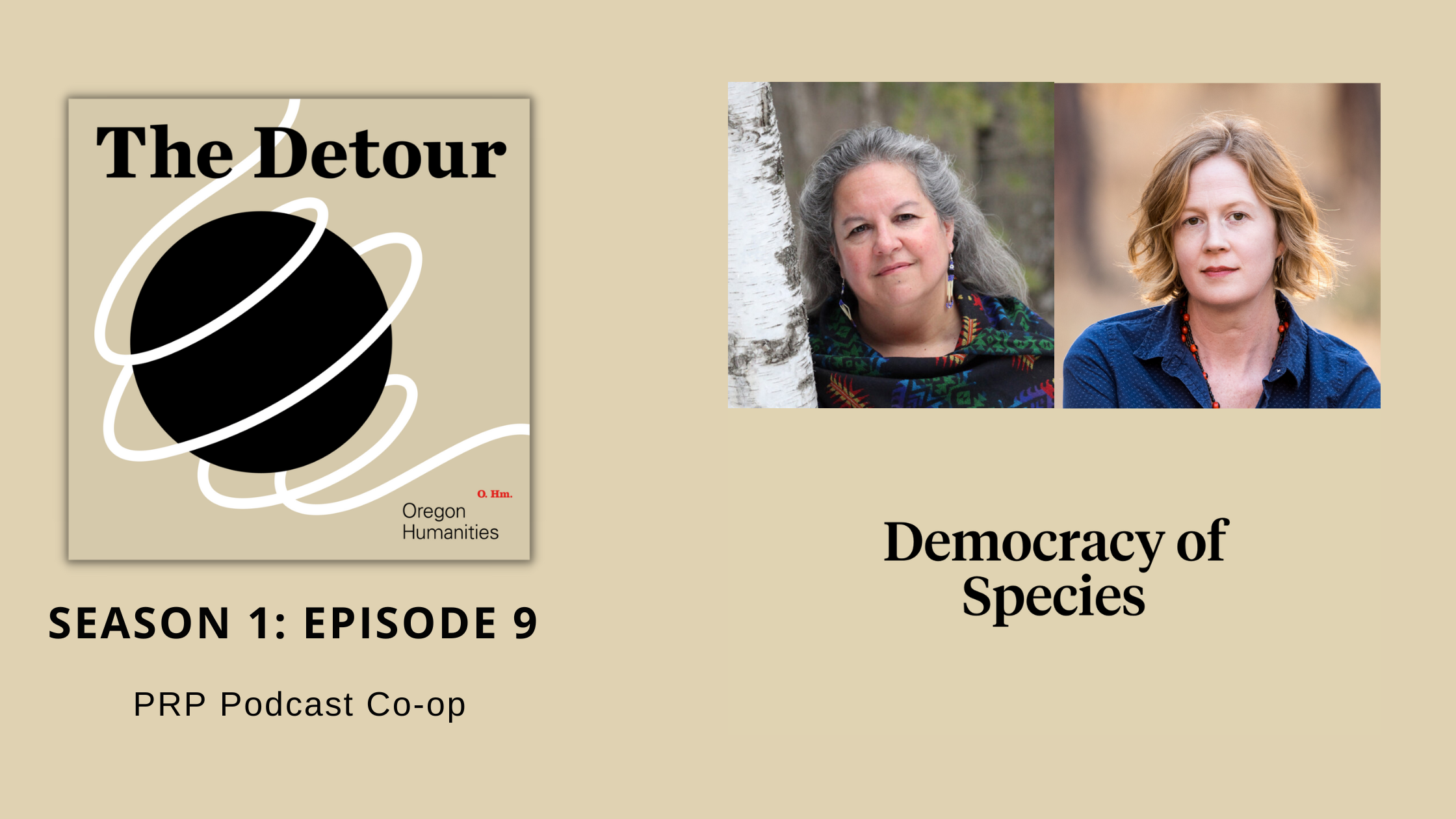
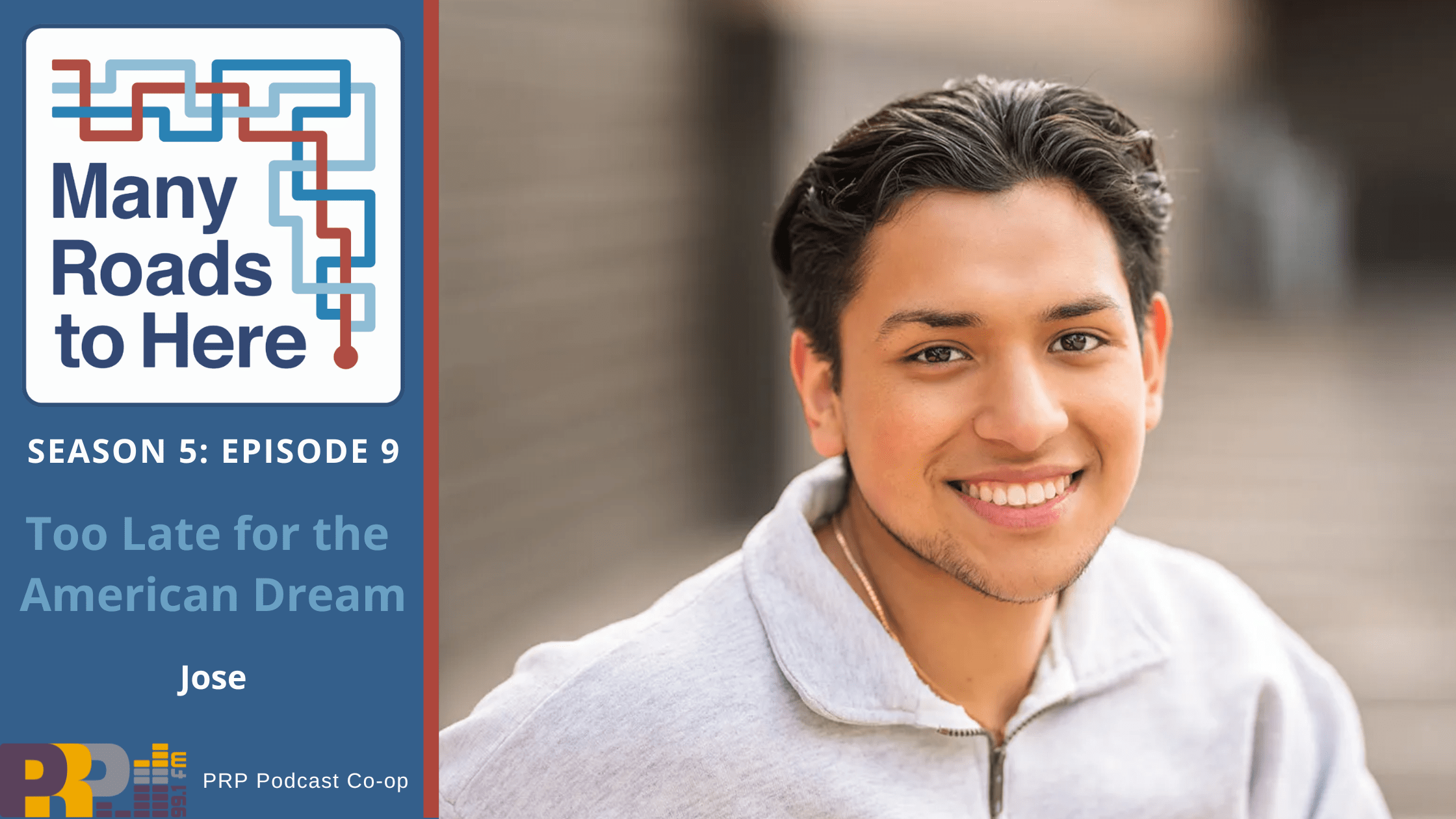
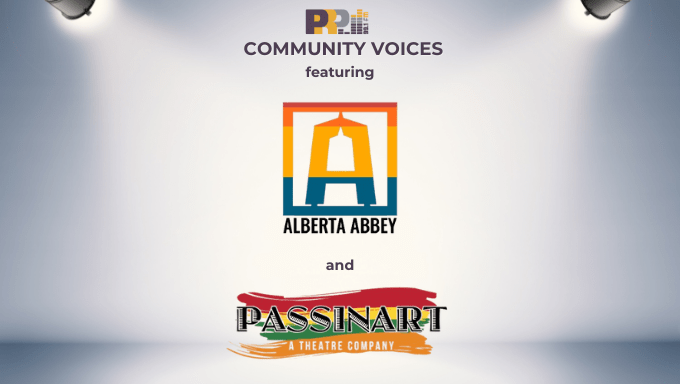
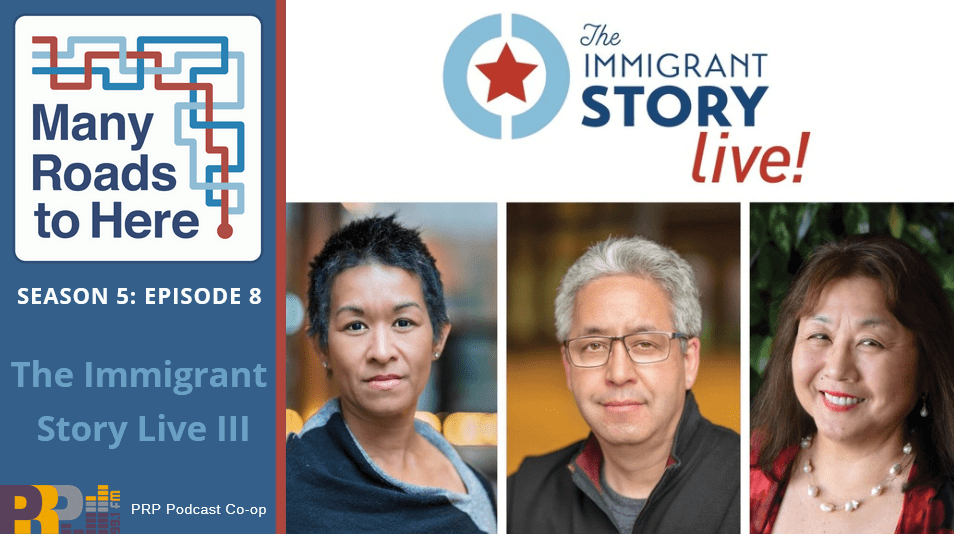
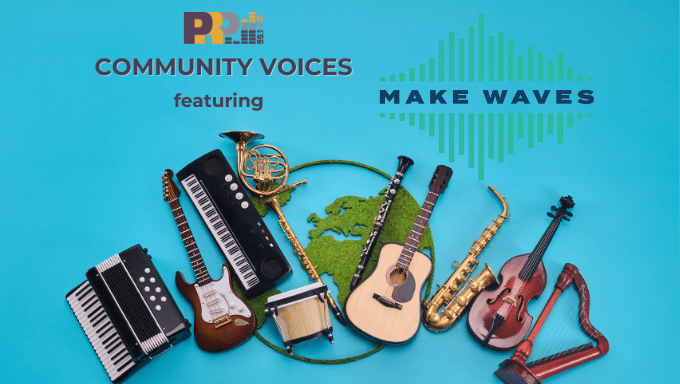
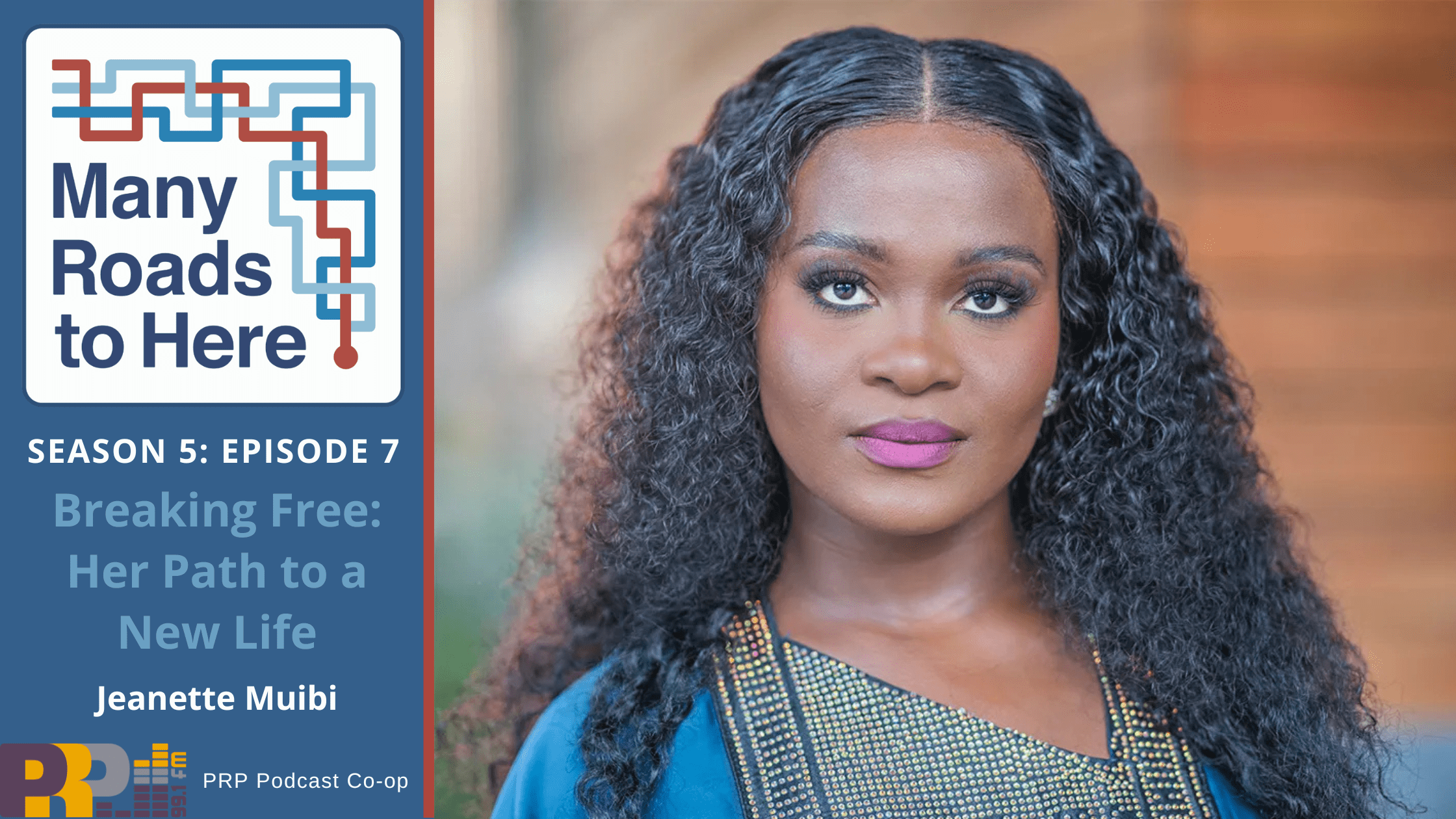
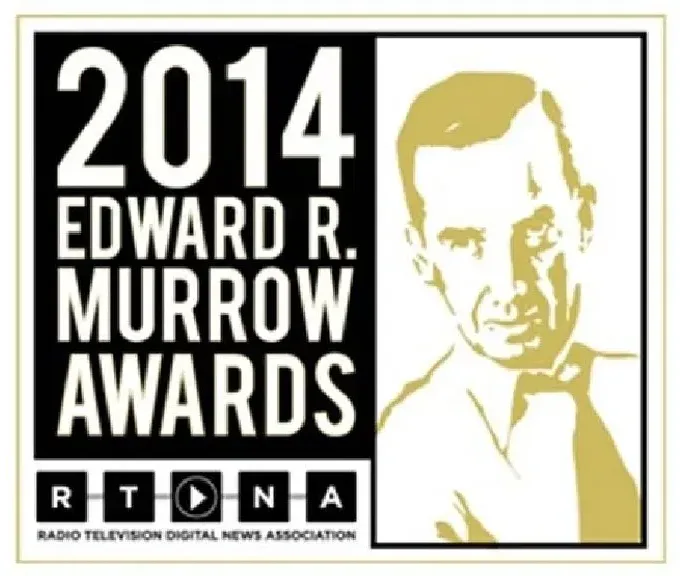
Leave A Comment